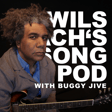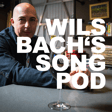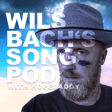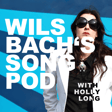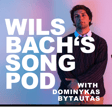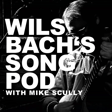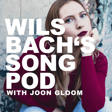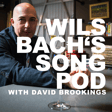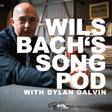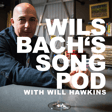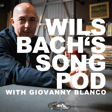
Mary Beth Abella
My guest today is an award winning songwriter and recipient of the Lionel Richie Songwriting Scholarship and finalist in the Song of the Year, she was also named top a 10 artist by the Denver Daily News. She sang and played keyboard in a backup band on the show "It's Always Sunny in Philadelphia," performed for a live Old Spice campaign, and has songs featured in shows like "Real World/Road Rules," among others. As a session singer, her voice can be heard on national commercials, the movie, "Hot Tub Time Machine Too," and multiple episodes of "It's Always Sunny in Philadelphia," and "The League."
An activist as well as musician, Abella created the first Women in Music organization in Colorado in the early 2000's, uniting and bringing visibility to the hardworking female artists in the area.
She currently performs live, hosts the weekly “Open Mic Revival” at the iconic Cinema Bar in Culver City, and When Girls Play at Oldfields in Culver City. In January of this year she released a single Beautiful Things, topping off her three album Discography 2012’s "In Another Life," 2007s "Nice Girl" and 2002s "What Happened to the Girls?" Available everywhere you stream.
